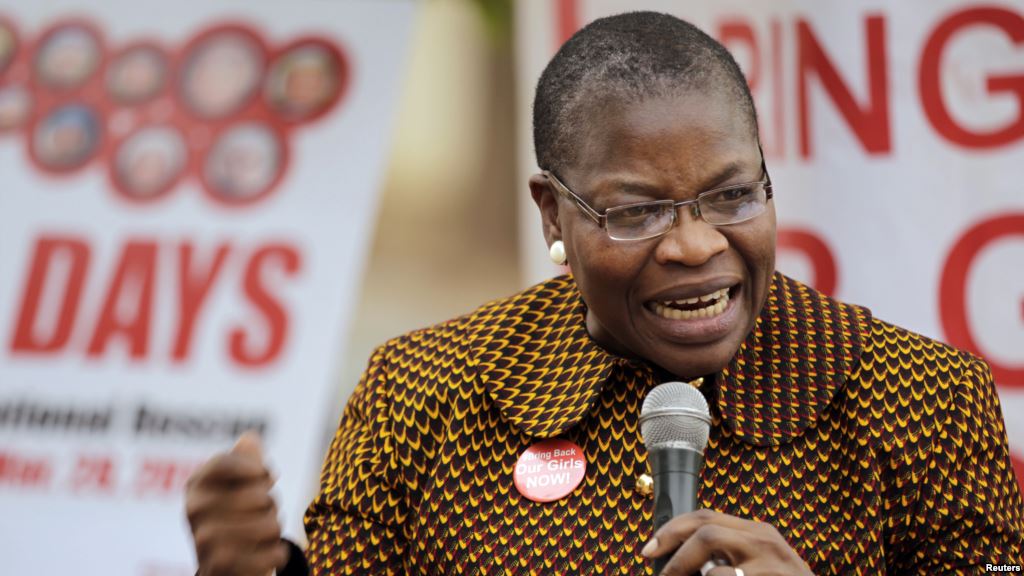- Govt Can Reverse Unemployment With Effective Policies –Ezekwesili
A former Minister of Education, Mrs. Obiageli Ezekwesili, has called on the Federal Government to urgently reverse the rising trend of unemployment and skills deficit among Nigerian youths to prevent obvious economic and social consequences.
While commenting on a report by Stutern, an internship and entry-level employment portal, titled: ‘The Nigerian Graduate’, she said that the bleak employment prospect of millions of Nigerian youths should be a major concern to policymakers.
According to her, data and analysis improve the quality of policy or private sector response to the problem.
The former minister noted that low skills, lack of competitiveness of young people as well as the slowly changing structure of the economies in Africa were time bombs for governments.
Ezekwesili stated, “Not all solutions to youth unemployment are effective as countries have since come to learn after years of failure of poorly thought policy responses. It is, however, widely agreed that the problem must attract the fiercest urgency of action from a diverse range of stakeholders that includes governments, the private sector, the education system and sector, the jobless and the wider Nigerian society.
“In no continent is effective policy response to youth unemployment more necessary than in Africa and in no country is it more desperate than Nigeria.
“Data of these kinds throw up and properly situate the joblessness challenge as a matter of two factors namely, un-employability (skills deficit) and narrow employment opportunities (small sized labour market).”
She said findings from the report showed that there were underlying issues that seldom receive thoughtful responses either by the government, education policymakers, academic institutions, the business sector and owners, families and young people.
According to her, all these factors must be further discussed and the solutions that can help improve the competitiveness, adequacy and quality of skills of young people leaving the school system should be designed.
“On the other hand, it should ignite a mix of policy responses and effective partnership between the government and the private sector that will help structurally transform, expand and grow the economy to offer more opportunities to the young who enter the labour market,” she added.
The Stutern report had revealed a prevalent under compensation for fresh Nigerian graduates with one in four of them earning less than N20,000 in their first jobs.
It also showed that 75 per cent of new graduates earned less than N50,000 in their first jobs and over 80 per cent of the respondent said they could neither afford to buy a car nor rent an apartment from their salaries.
The report showed that the majority of the graduates had their first jobs in the education sector as a result of the National Youth Service Corps programme, while the technology, non-profit, banking, and finance sectors began to absorb more graduates as their second jobs.
Findings from the report showed that there were more unemployed Ordinary National and Higher National Diploma holders, while the most employed Nigerians possessed Masters of Business Administration and doctorate degrees.

 Forex3 weeks ago
Forex3 weeks ago
 Naira2 weeks ago
Naira2 weeks ago
 Billionaire Watch2 weeks ago
Billionaire Watch2 weeks ago



 Naira3 weeks ago
Naira3 weeks ago






 Naira2 weeks ago
Naira2 weeks ago




 Naira1 week ago
Naira1 week ago




 Naira4 weeks ago
Naira4 weeks ago






 Naira1 week ago
Naira1 week ago
























